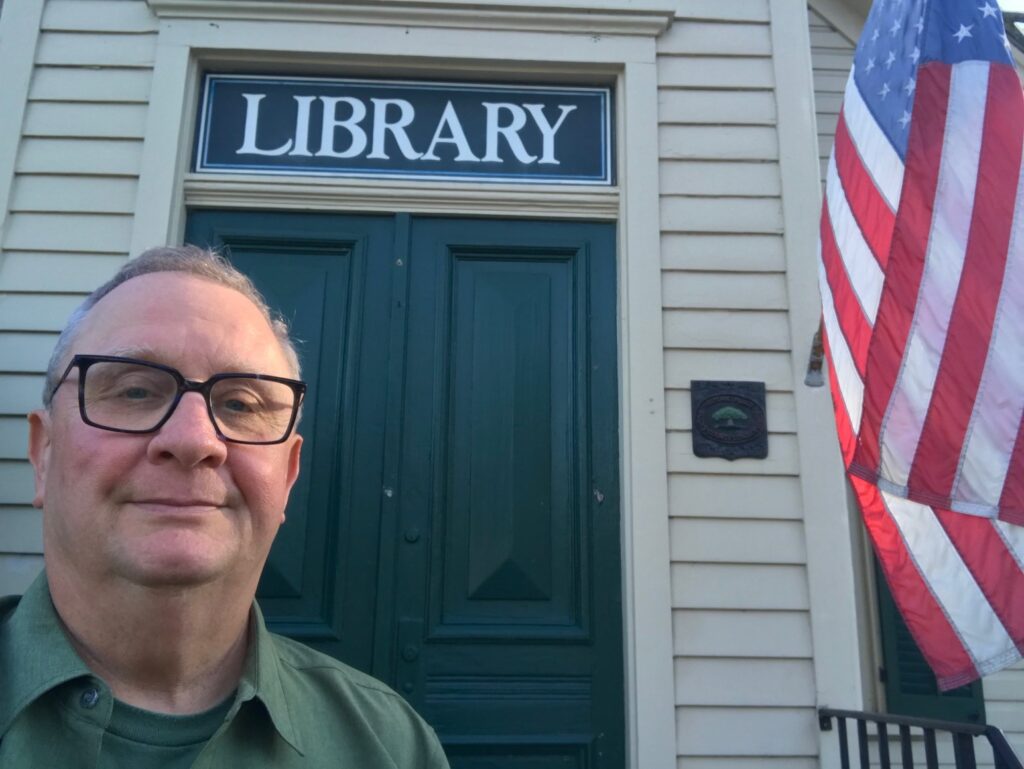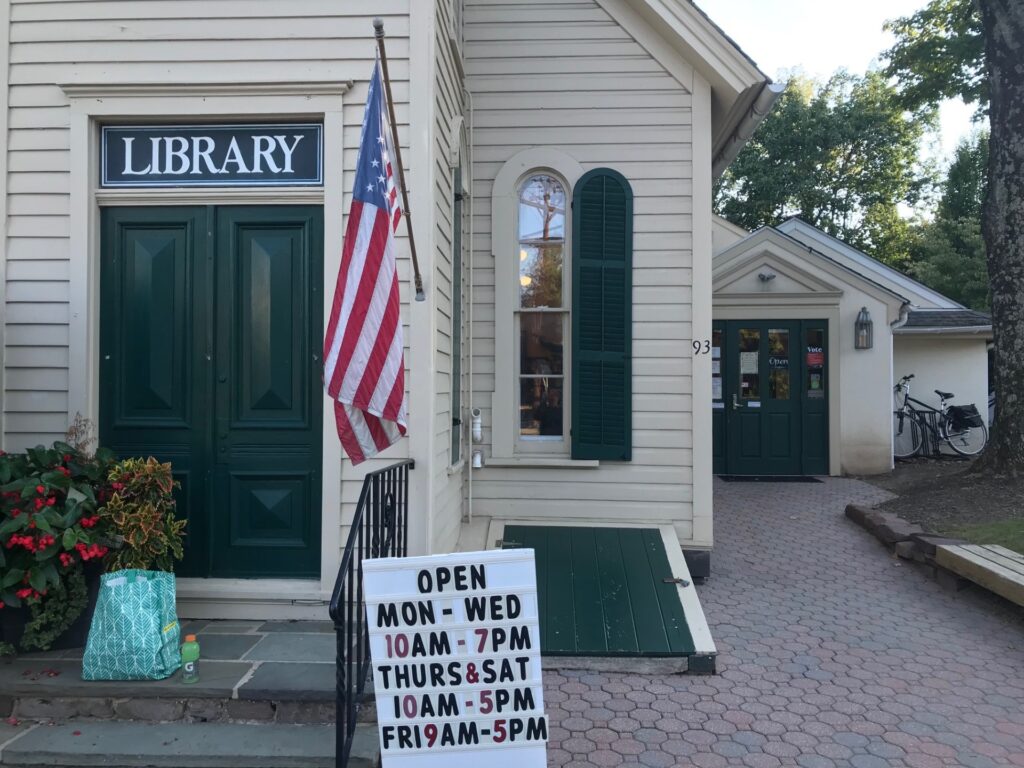Writers Group at New Hope Library Off to a Great Start
This was the group’s first monthly meeting and it was so rewarding. Everyone was engaged, lots of good conversation, and it promises to grow from there. As the facilitator, I could not have been happier.
Registration Open for Self-Publishing Workshop at the Hunterdon Co. Library (September 30)
 I’m loving this new adventure in life … Professor Mark. If you’re local and you want to go you can register at the link. Monday, September 30, 6:30 – 8:30 pm.
I’m loving this new adventure in life … Professor Mark. If you’re local and you want to go you can register at the link. Monday, September 30, 6:30 – 8:30 pm.Self-Publishing with KDP (Kindle Direct Publishing): A Workshop In-Person
Learn the ins and outs of self-publishing on the Kindle Direct Publishing (KDP) platform with author and publisher Mark McNease. Mr. McNease is the author of 14 novels, all of which have been published through KDP. He is a two-time Emmy winner, and currently serves as a board member for the Mystery Writers of America – New York Chapter. In this workshop you’ll learn the process from final draft to published book and beyond, with additional topics that include book cover creation, self-promotion, exclusivity versus ‘wide’ distribution, and the process of publishing audiobooks.
Two Great In-Person Events in September!


For local friends: I’m facilitating an adult writers group every second Tuesday of the month starting next week. Join us at the New Hope (PA) Free Library, 6:00 – 7:00 PM. This is a non-critical, safe environment for writers, those who want to write, and the write-curious.
Also: Monday, September 30, join us for a free 2-hour workshop on Self-Publishing with KDP (Kindle Direct Publishing). 6:30 – -8:30 PM. This is at the wonderful Hunterdon County Library in Flemington.
It’s so nice to do what you love!
Workshop Schedule Through November

All workshops are currently 2 hours via Zoom
All times are eastern (New Jersey) – 2 HoursWednesday, October 9
Fiction Writing Essentials ($40)
10:00 AM – 12:00 PM
REGISTERTuesday, October 22
Guided Autobiography 2 hour intro (free)
11: 00 AM – 1:00 PM
REGISTERWednesday, October 23
Fiction Writing Essentials ($40)
10:00 AM – 12:00 PM
REGISTERThursday, October 24
Self-Publishing with KDP (Kindle Direct Publishing) ($40)
10:00 AM – 12:00 PM
REGISTERWednesday, November 6 (4 weeks)
4 Week Guided Autobiography ($100)
11:00 AM – 1:00 PM
REGISTERNew Release! Dreamshaping: On Shaping Reality and Living Our Dreams (Second Edition)
If you’ve followed me, you know I’ve been working on this a long time. I’ve just published a second edition of Dreamshaping: On Shaping Reality and Living Our Dreams, and I couldn’t be happier to put it out there. I’ll also be creating a Dreamshaping Workshop for next year! I’m very excited about that, and I think it’s going to be a wonderful experience sharing the ways we create the dreams we call our lives, and how to live them with exuberance.
In this Second Edition of Dreamshaping: On Shaping Reality and Living Our Dreams, we find a collection of writings about our ability to shape the lives we live, the dreams we live. These words of advice and experience, presented in easy-to-read short chapters, are more essential than ever as we navigate the dreamscape of our everyday world. Quotes and commentary add to the suggestions made in this simple dreamer’s guide, and everything is presented in a way that makes it possible for anyone to do. As the introduction says, dreamshaping is not wishful thinking, it is wishful doing. Follow along and read about listening to our bodies, and letting go of the poisons in our lives, and embracing change without fearing it. Use this simple dreamer’s guide to steer a course toward freedom, self-acceptance, and exuberance in your life. And remember, all things are of the substance of dreams.
Yours Truly to Moderate Mystery Writers Panel on Starting and Sustaining a Series

It’s never too early to save the date! November 11, Hoboken. The moderator of the panel looks familiar …
Comments? Questions? Suggestions? Leave Us a Voicemail!
Now you can have a say – literally! Just click the record button and send us a voicemail. Testimonials, feedback, suggestions, encouragement, it’s all welcome. – Mark
Two Online Guided Autobiography Introductory Workshops Added for August!

I’ve added two Guided Autobiography 2-Hour Introductory Workshops in August. These are free and online.

DATE: Monday, August 12
Time: 10:00 AM Eastern via Zoom
RSVP HERE (limited to 6)
DATE: Wednesday, August 14
Time: 2:00 PM Eastern via Zoom
RSVP HERE (limited to 6)





